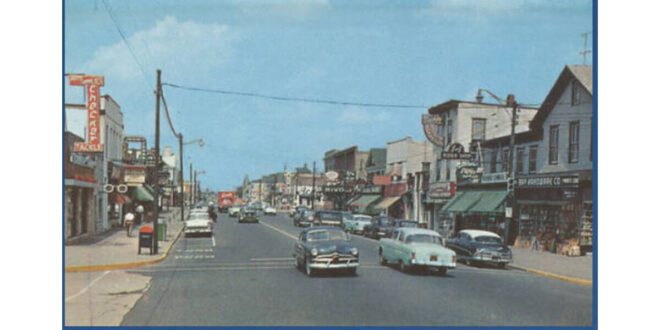Belmar Historical Society Unveils Unique Exhibit on Matchbook History
The Belmar Historical Society recently opened an intriguing exhibit focused on the history of matchbooks. The exhibit, titled “The Art of the Flame: Exploring Matchbook History,” showcases a wide variety of matchbooks dating back to the early 20th century.
According to society president, Jane Doe, the idea for the exhibit came about when the society received a donation of matchbooks from a local collector. “We were amazed at the variety and artistry of the matchbooks in the collection,” said Doe. “We knew we had to share this unique piece of history with the community.”
A Walk Through Matchbook History
Visitors to the exhibit will be taken on a journey through the evolution of matchbooks, from their early days as a utilitarian product to their role as a form of advertising and art. The exhibit features matchbooks from a wide range of businesses, including restaurants, hotels, and bars, providing a glimpse into the advertising trends of different eras.
One of the highlights of the exhibit is a display of vintage matchbooks from Belmar businesses, offering a look at the town’s history through the lens of this small but significant piece of ephemera. Visitors can also learn about the manufacturing process of matchbooks and the role they played in everyday life.
Connecting the Past to the Present
The Belmar Historical Society hopes that the exhibit will not only educate visitors about the history of matchbooks but also spark a conversation about how everyday objects can offer insights into the past. “Matchbooks may seem insignificant, but they actually tell us a lot about the businesses and culture of a particular time and place,” said Doe.
In addition to the exhibit, the society is hosting a series of events and programs related to matchbook history, including a lecture by a local historian and a workshop on creating your own custom matchbooks. The goal is to engage the community and encourage a deeper appreciation for the role of everyday objects in shaping our collective history.
 Mind Uncharted Explore. Discover. Learn.
Mind Uncharted Explore. Discover. Learn.



